Four of the most influential women in sport talk levelling the playing field
How do we encourage more women to stay active? As part of our Power Summits series, Marie Claire’s Editor in Chief Andrea Thompson sat down with four agents of change to find out.
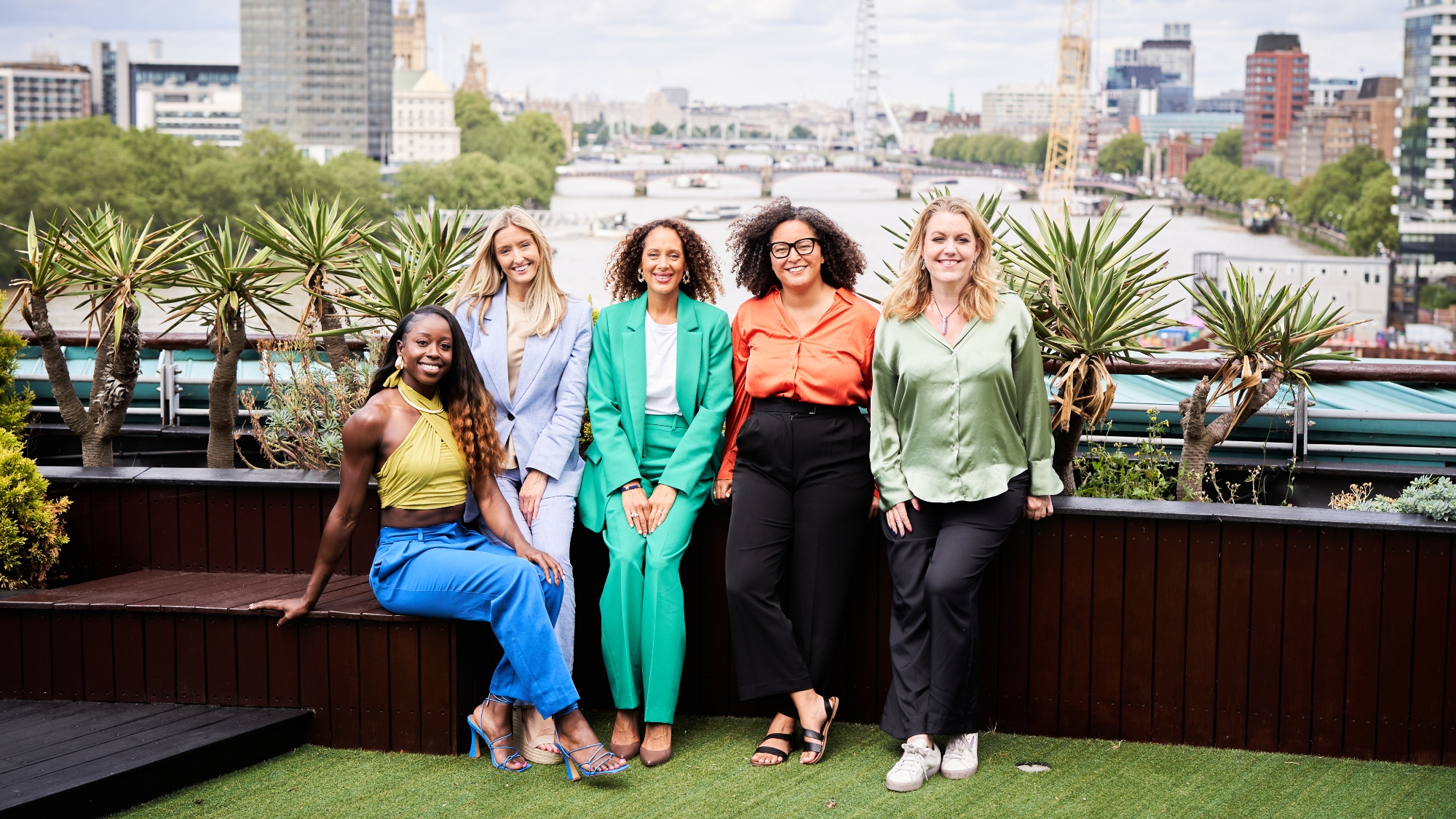
From the Lionesses jumping for joy as the final whistle blew on last summer’s Women’s Euro final to nationwide jubilation as the World Cup team made it into the final today, the past twelve months have been hugely memorable for women in sport. As a result, female athletes have never been more visible, celebrated or part of the cultural conversation.
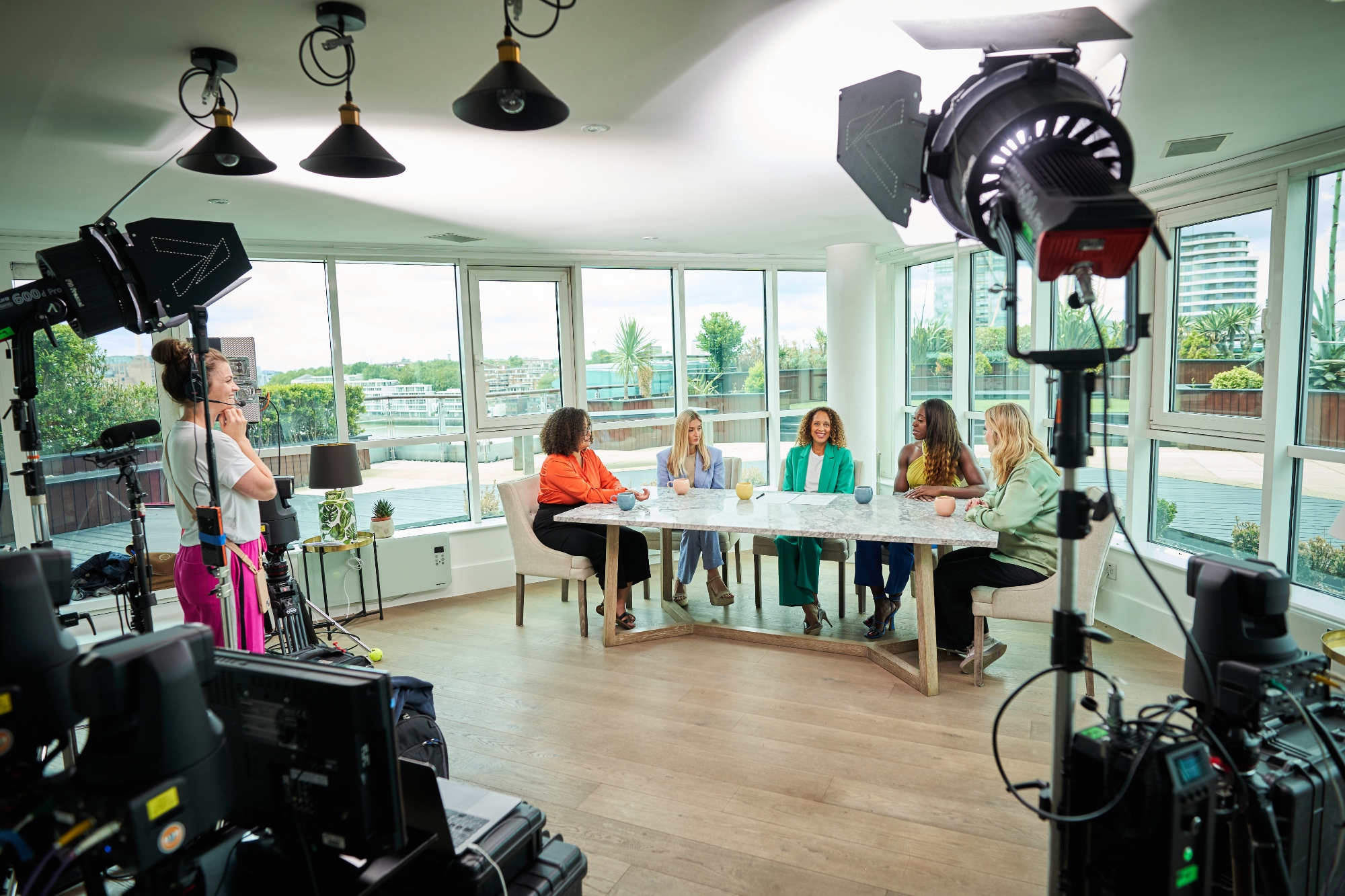
Olympian Desirèe Henry, leader of the UK Women's Equality Party Mandu Reid, nutritionist and author Rosie Millen and director of marketing at Sport England Kate Dale sat down with Marie Claire's Andrea Thompson
And yet, as Marie Claire’s Editor in Chief Andrea Thompson pointed out as she opened an all-star panel discussion this month, societal barriers and cultural stereotypes still prevent women from being more active in sport.
“Almost 50 percent of girls who engage in regular sports at school drop out in their teenage years, and less than two in five UK women meet their weekly exercise quota of 30 minutes five times a week," she told the panel.
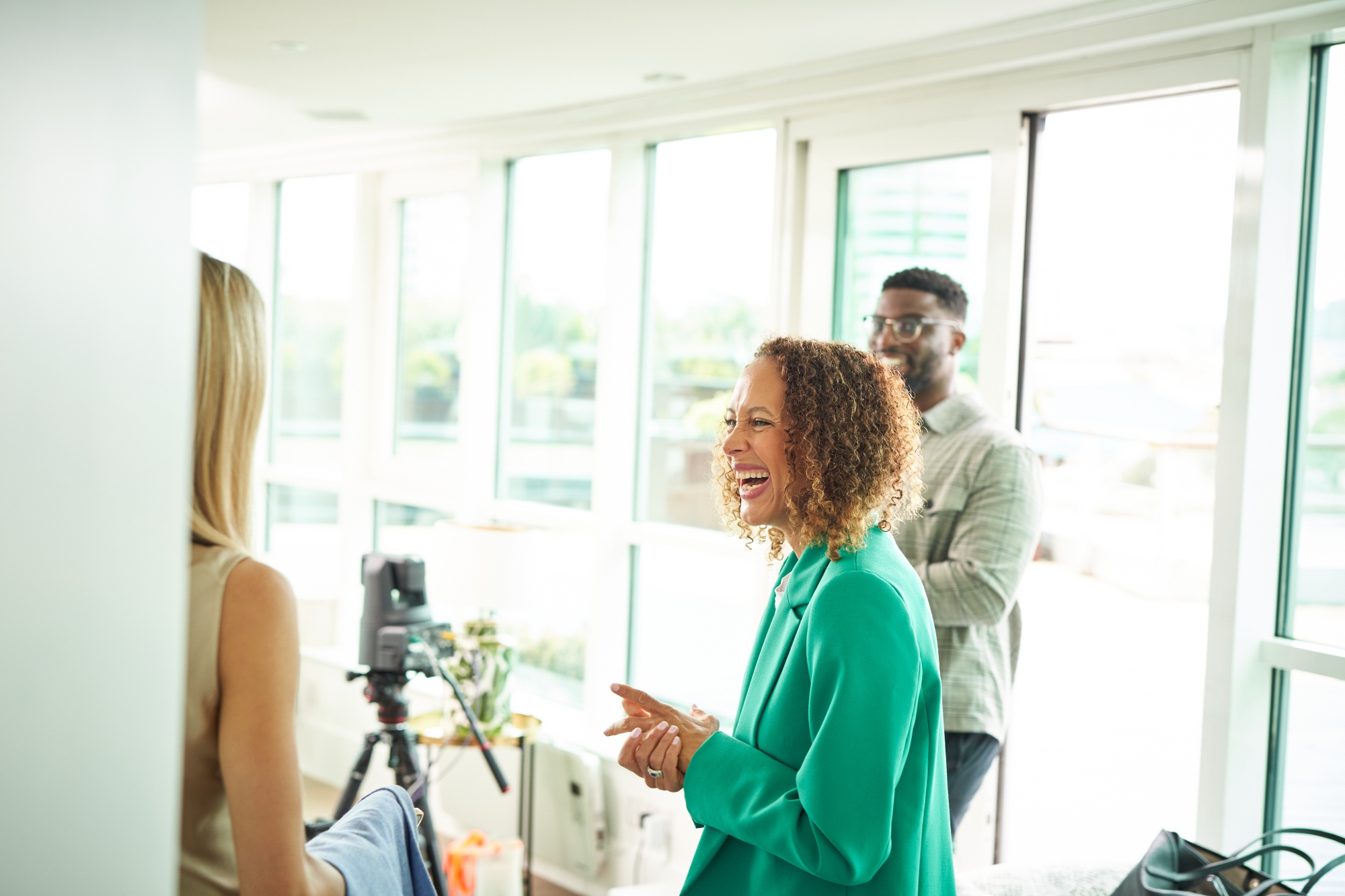
The panel was chaired by Marie Claire UK Editor in Chief Andrea Thompson
Hosted in collaboration with Solgar® as part of our Women in Sport special, Thompson sat down with key thought-leaders and trailblazers – Olympian and Solgar® brand ambassador Desirèe Henry, leader of the UK Women's Equality Party Mandu Reid, nutritionist and author Rosie Millen and director of marketing at Sport England Kate Dale – to ask how we overcome the roadblocks preventing women from participating in sport, and why visible role models are imperative in preventing girls from giving it up in their teenage years.
The panel, who between them have decades of expertise (not to mention a couple of Olympic medals), spoke to Thompson about body image, learning from failure and the life-changing power of a decent sports bra.
Here are some of the things we learned.
Take it from an Olympian: everyone fails
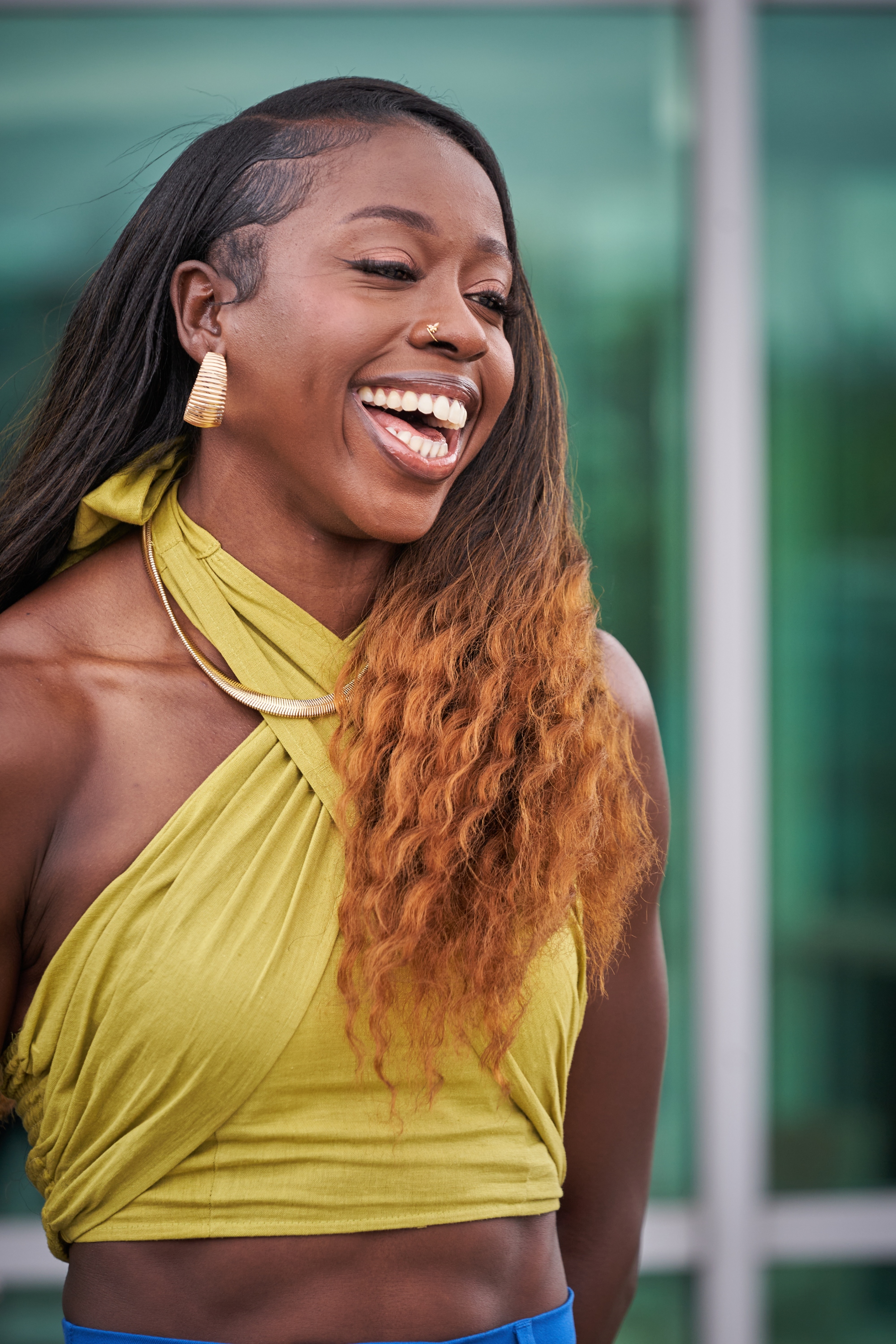
Olympian Desirèe Henry.
Olympic sprinter Desirèe Henry may have been a child running prodigy for who the sport came “very naturally” – “from a very very young age, discipline was my thing” she told Thompson – but failure was as much a part of her meteoric rise as clutching a medal at the top of the podium.
“It was initially very hard to deal with failure – especially being a young athlete that was winning all of her races,” said the 27-year-old, who won bronze in the 100 metre relay at the 2016 Rio Olympic Games and silver in the 100 metre relay at the 2017 World Athletics Championships in London.
“Just the experience of losing a race for the first time was shocking. I think one of the things I’ve realised is that I just needed to be kinder to myself. My failure in comparison to others’ failure is not the same.”
Every body is a sporty body
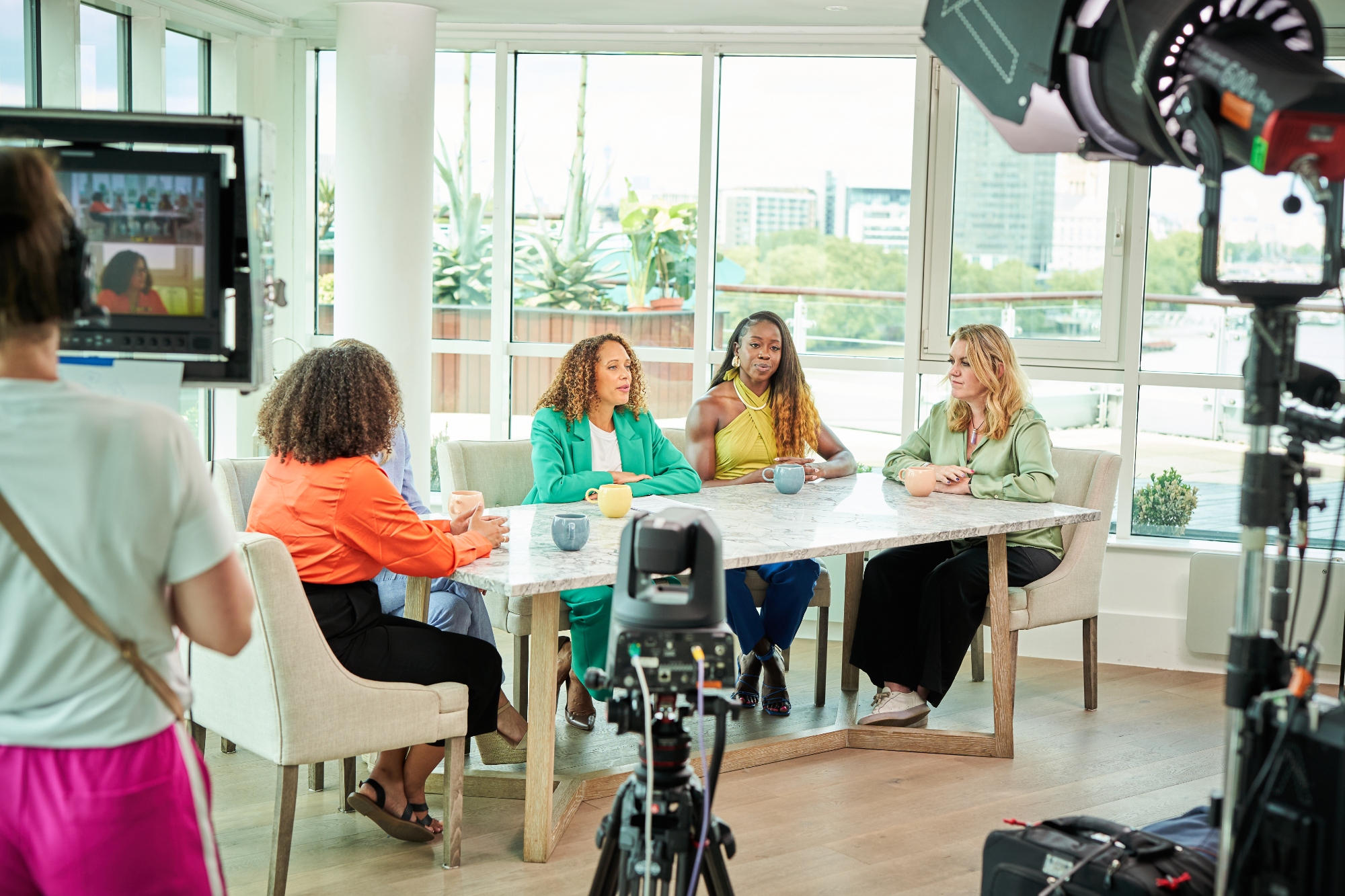
Director of marketing at Sport England Kate Dale (far right) told the panel that brands are finally cottoning on to the importance of body diversity in their campaigns
Sure, women in sport are in the spotlight now more than ever, but between relentless social media commentary and lucrative sponsorship deals, so is the way they look. “I feel like there’s definitely a perception of how a female athlete is meant to look,” said Henry. “I think it’s just understanding that everybody’s body is very different. I feel that if individuals knew that there isn’t a particular mould in terms of what an Olympian looks like – you can be tall, you can be small, you can be thin, you can be wide, it doesn’t matter – then you can be a world-class individual in whatever sport.”
But it’s not just professional athletes under constant internet scrutiny who are grappling with the idea of a ‘sporty body’. Director of marketing at Sport England Kate Dale, the brains behind the needle-moving This Girl Can campaign, says brands are finally cottoning on to the importance of body diversity in their campaigns.
“[With This Girl Can], we're surfacing and addressing a lot of women's often unspoken fears of judgement,” said Dale. “And that might be around how we look when getting active, because certainly back then, and even to a degree now, we certainly didn't see women like me getting active – you know, everything jiggles, I get very red faced, I get very sweaty. That really wasn't reflected. What we do with This Girl Can is celebrate the amazing women who are doing [sport] well, but also celebrate those of us who do it terribly, because trust me, if Desirèe and I went for a run together, it would look and feel very different. And that's absolutely fine.”
A good sports bra can change lives

Leader of the UK Women's Equality Party Mandu Reid spoke about the "unrealised barriers that prevent women and girls participating [in sport]"
If anyone’s qualified to speak to the nation’s shifting attitudes towards women’s participation in sport, it’s leader of the UK Women's Equality Party Mandu Reid. Having previously spent 12 years working at City Hall for all three Mayors of London, Reid knows a thing or two about encouraging women and girls to get their steps in.
“What we did when I worked at City Hall in the aftermath of the [London 20212] Olympic Games was recognise that you need to address the issue with a combination of hardware and software. Hardware is facilities, infrastructure, kit – the kind of stuff that you require to enable you to take part confidently. The software is the skills of the people around you, their ability to identify and nurture your talent, interrupt any negative feedback loops you may have and help you see that this could be for you.”
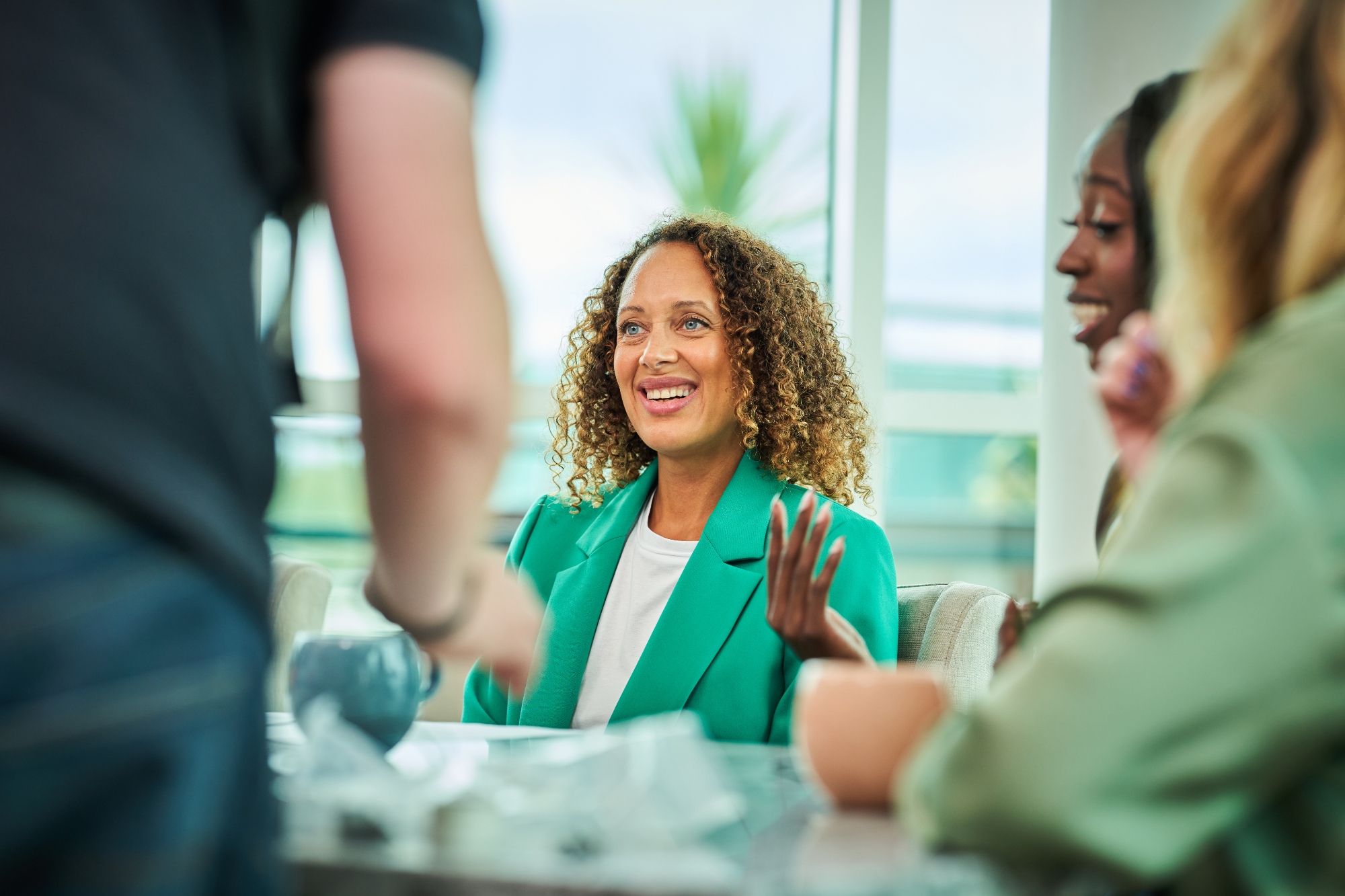
Reid gave an example of one project that cropped up during her time in the Royal Docks that really hammered home the importance of an intersectional approach to tackling the gender disparity in sport.
“There are unrealised barriers that prevent women and girls – and certainly women and girls from certain groups – participating [in sport],” she told the panel. “One example was this project that we wanted to fund and support, which was zooming in on mums from immigrant communities.
"When they made their bid for funding, [there was] a line [in the form] that seemed a bit mysterious; it just said ‘equipment’. Now we expect people to specify. What equipment do you need? And they were really reluctant to do that.
"I ended up in a situation where I had a private conversation with one of the women from that project – she was of Somali origin – and she said, and she was really sheepish about this, ‘We need bras’. And she didn’t feel comfortable saying that in an environment where men – alongside me and others – were making the judgement about whether they receive funding or not.”
Sport doesn’t have an expiry date
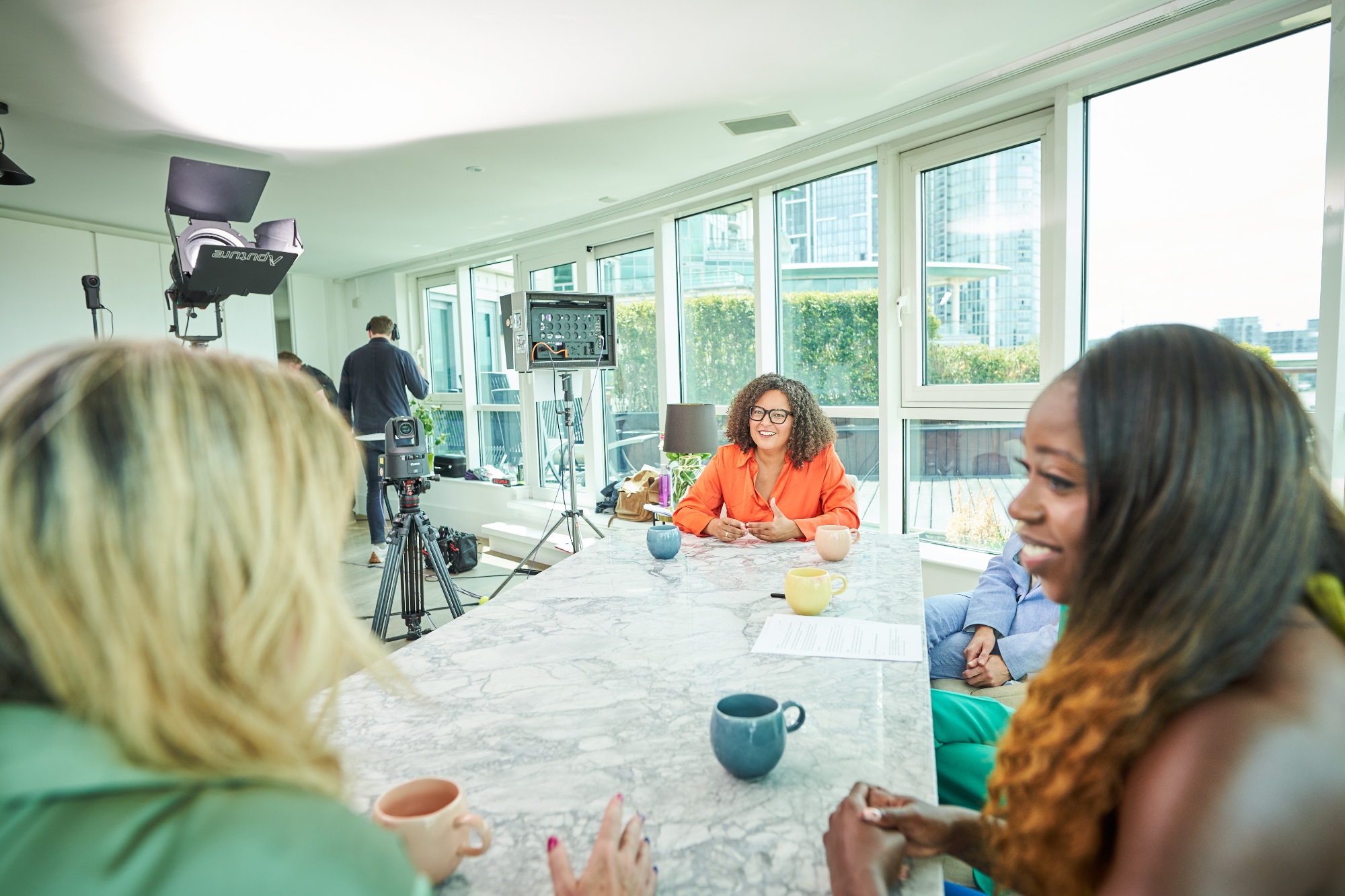
School may be where most girls encounter sport, but, said Dale, there needs to be greater emphasis placed on helping women of all ages access regular exercise.
“Women, especially women with children, will put their own needs last so that everyone else’s needs will be met first. Any time or headspace or money will be spent on everybody else first. And women would talk to us about feeling guilty [for taking time to exercise].”
We should be taking notes from the Danish, said Reid, whose approach to exercise circumvents the problem of women being time poor: “They did a lot of work, which mirrors some of the equality you see in their society more broadly, around trying to allow families to participate together. It just creates a very different culture and dynamic.
“And we can do those things here – there’s no reason why [not]. It’s political will, I think, that’s lacking.”
Good nutrition is a non-negotiable
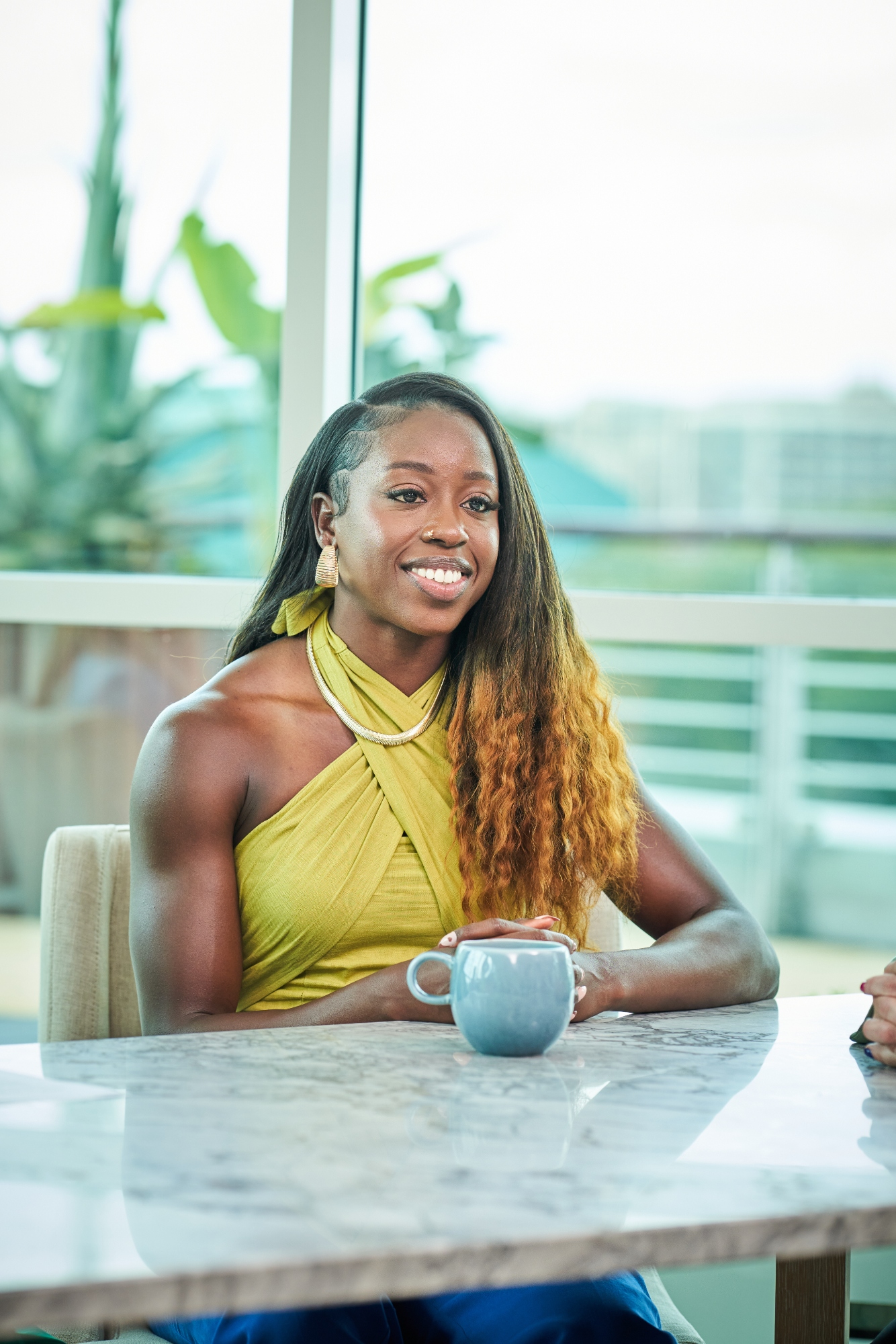
"Consistency is key" when it comes to supplements says Henry
Between careers, kids and the cost of living crisis, eating well isn’t as easy at the moment, but “taking a decent, high-quality, broad-spectrum multivitamin” is a good place to start, author and nutritionist Rosie Millen told the panel.
“You want to make sure that they’re good quality and the bioavailability – which means the absorption rate – is good, because I see so many deficiencies, and people who are burnt out, stressed and overdoing it.”
What supplements does an Olympic athlete pair with her morning coffee? “Oh, it’s a long list of vitamins,” says Henry, whose go-to brand is Solgar®. “Most importantly, I try and develop a healthy relationship with food. From a young age, I always loved food. But I also understood the importance of eating healthy things.”
And when it comes to her daily vitamins? Consistency is key. “It's just making it a habit. So just making sure that [if you’re taking a multivitamin] it is daily, and not just once a week. Because these aren't miracle things. You know, your body has to adjust and adapt to the new things that you're going to introduce it to.”
It doesn’t matter how fast – just get moving
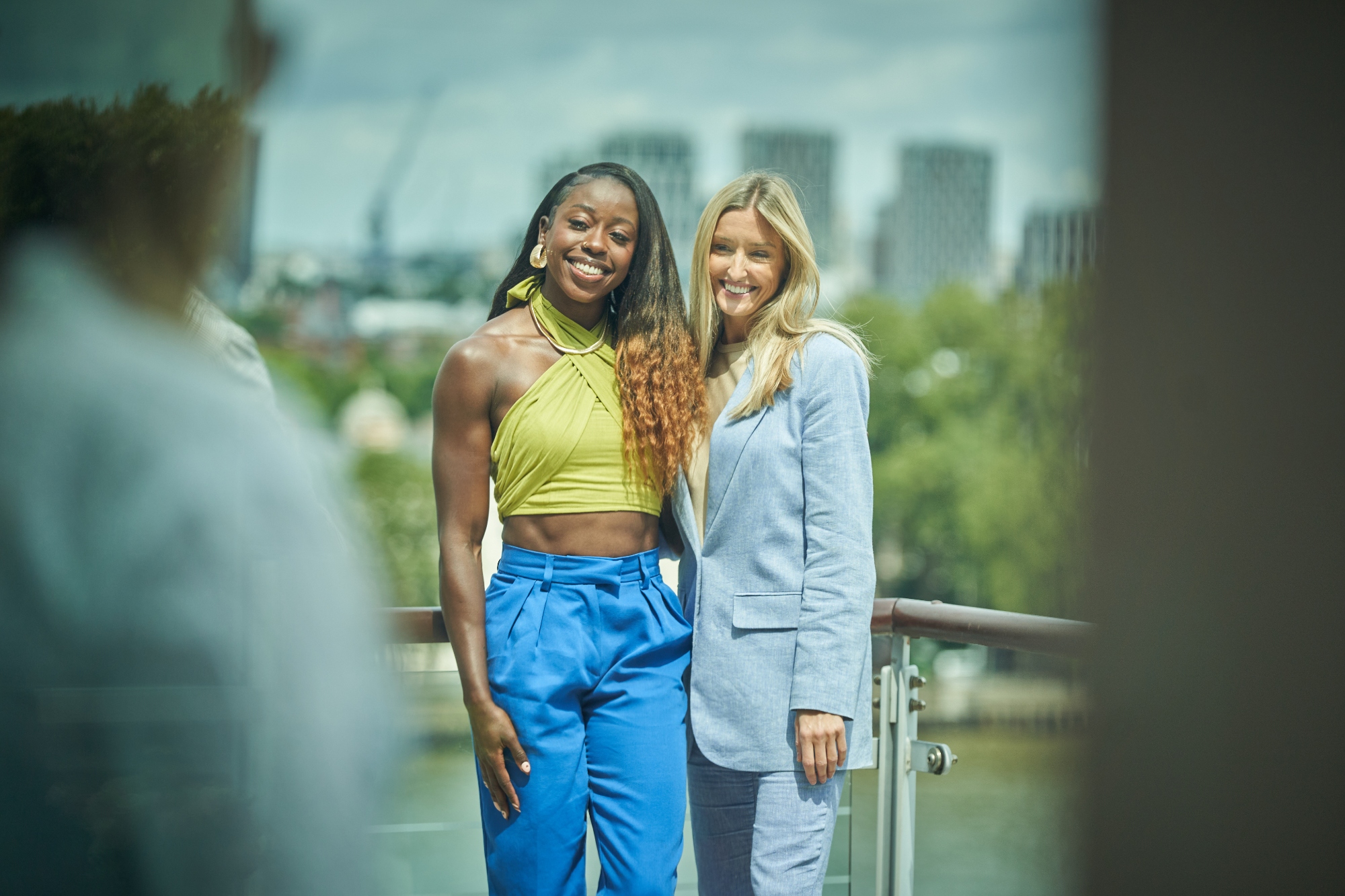
Desirèe Henry with journalist and author Rosie Millen
Thompson rounded off the discussion by asking what advice the panellists would give to their younger selves.
“If you’ve found something in sport that you absolutely love, keep doing it and do it well,” was nutritionist Rosie Millen’s parting advice.
Kate Dale was on the same page: “You don't have to run fast, you don't have to run hard – you don't have to run – you can walk. Just move and you will feel better for it. Just take the pressure off yourself to do it at a really well, high level.”
She took a beat. “Unless you're Desirèe”
Read more from our Women in Sport special here.
Celebrity news, beauty, fashion advice, and fascinating features, delivered straight to your inbox!
Kate McCusker is a freelance writer at Marie Claire UK, having joined the team in 2019. She studied fashion journalism at Central Saint Martins, and her byline has also appeared in Dezeen, British Vogue, The Times and woman&home. In no particular order, her big loves are: design, good fiction, bad reality shows and the risible interiors of celebrity houses.
-
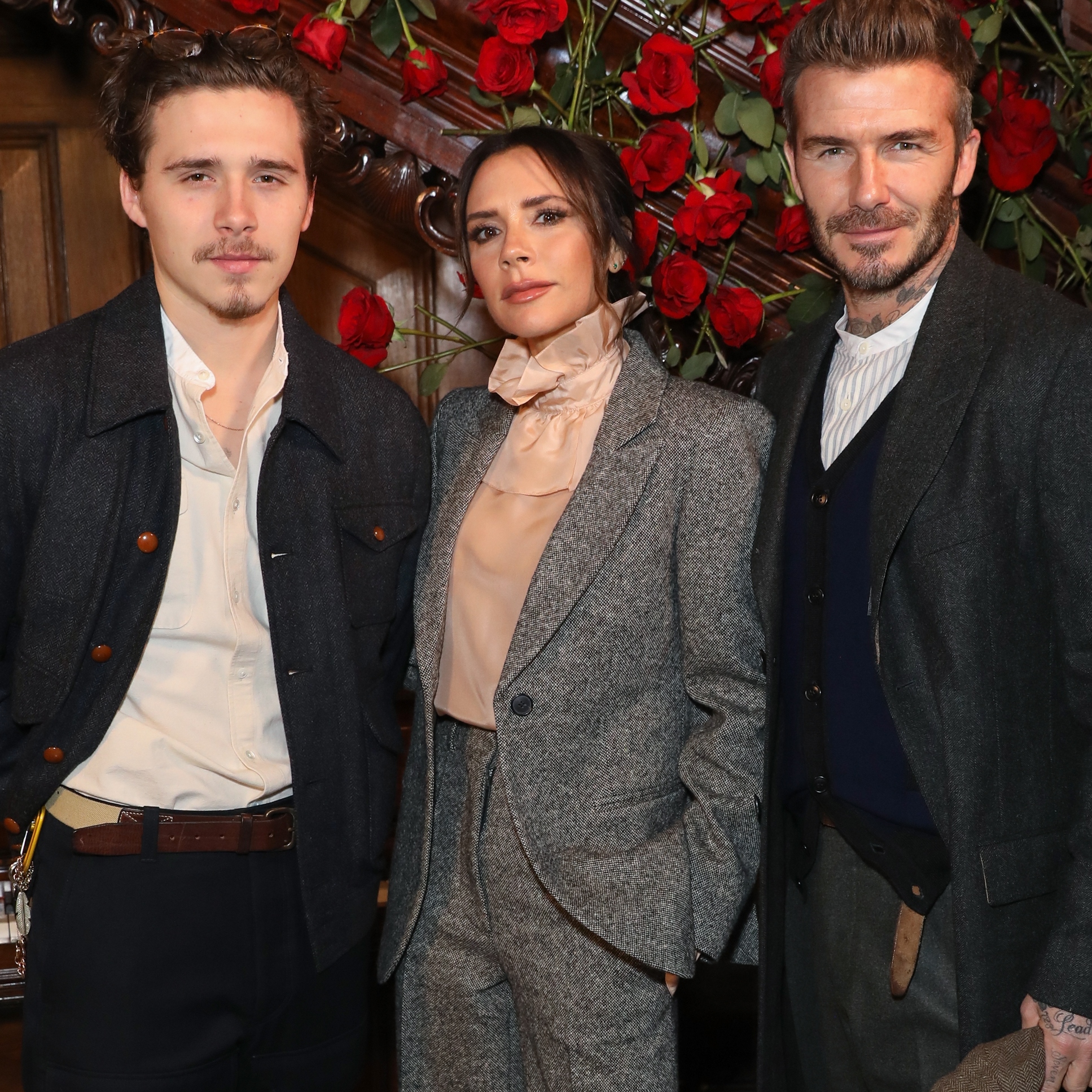 Brooklyn Beckham's Immediate Response to Gordon Ramsay's Comments on Family Fallout
Brooklyn Beckham's Immediate Response to Gordon Ramsay's Comments on Family FalloutGordon had his say on the ongoing Beckham drama
-
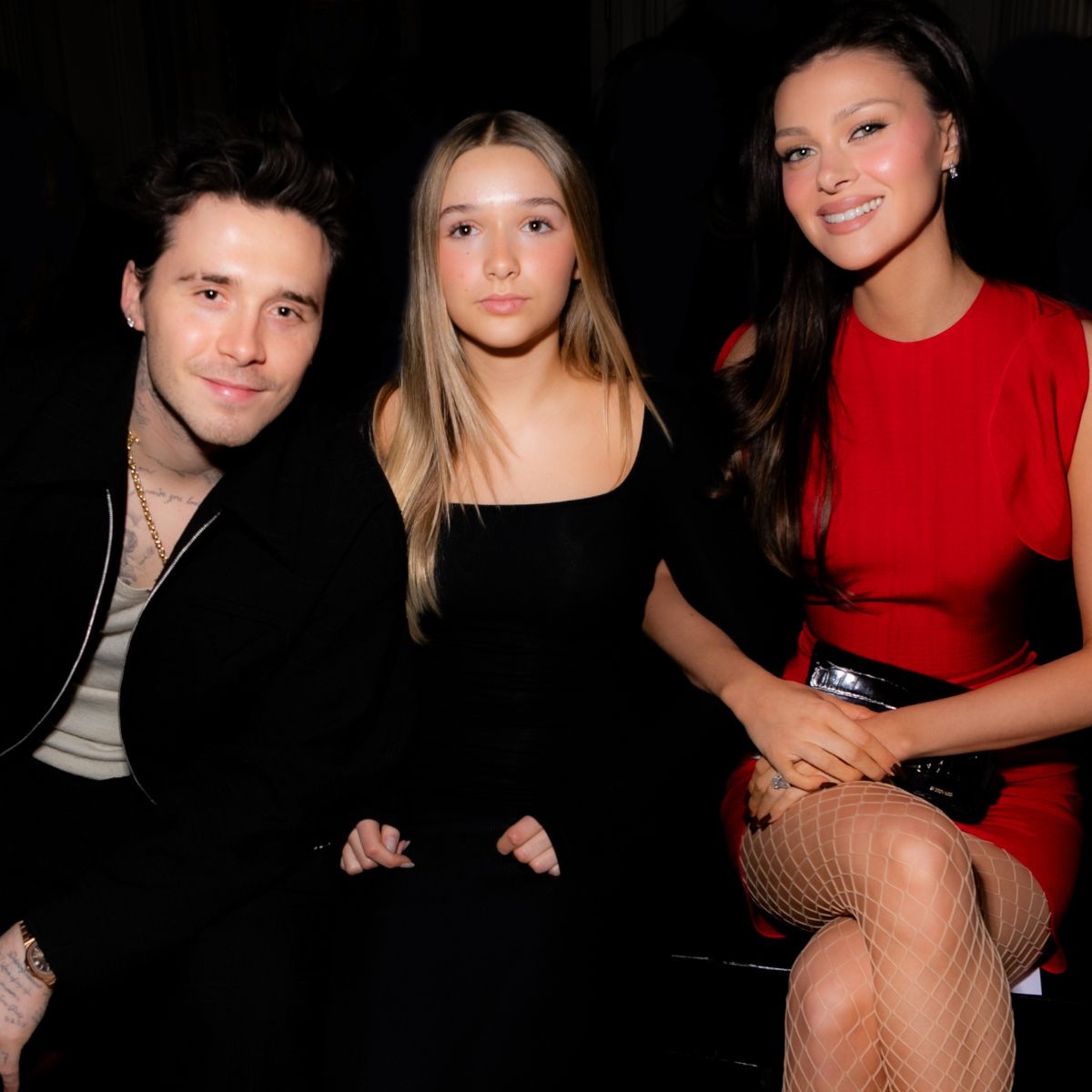 Harper Beckham Just Extended a Sweet Olive Branch to Brother Brooklyn
Harper Beckham Just Extended a Sweet Olive Branch to Brother Brooklyn -
 I Practised Frog Stretches for Tight Hips for Two Weeks – and Released Years of Built-Up Tension
I Practised Frog Stretches for Tight Hips for Two Weeks – and Released Years of Built-Up TensionYour hips called. They want attention.
-
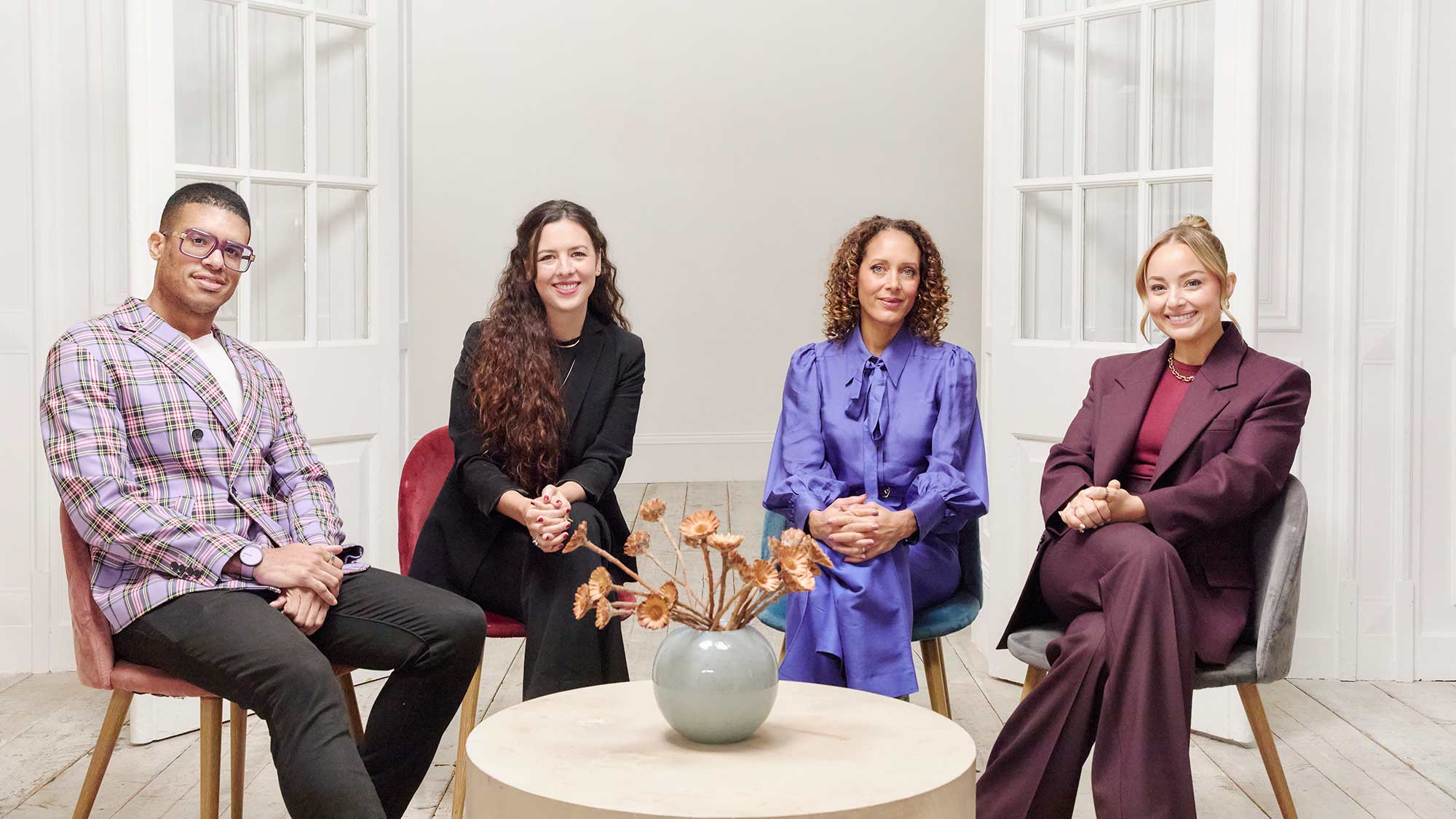 Power Summit: why education and allyship is key to ending violence against women and girls
Power Summit: why education and allyship is key to ending violence against women and girls -
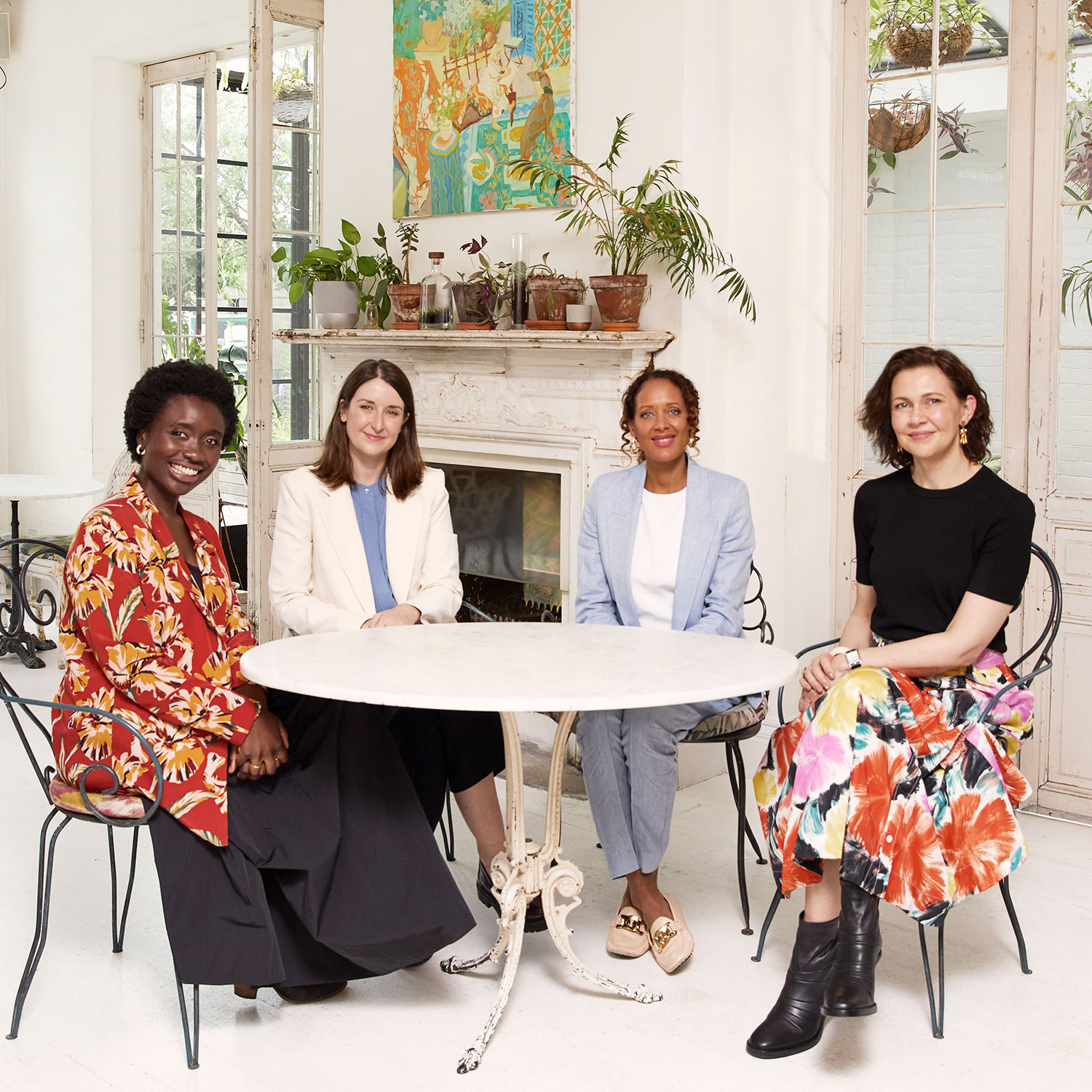 Power Summit: how Green Sciences are shaping the beauty industry
Power Summit: how Green Sciences are shaping the beauty industryFrom formulation to application, the world of beauty is striving to become more sustainable. Here, we meet three industry insiders championing conscious innovation
-
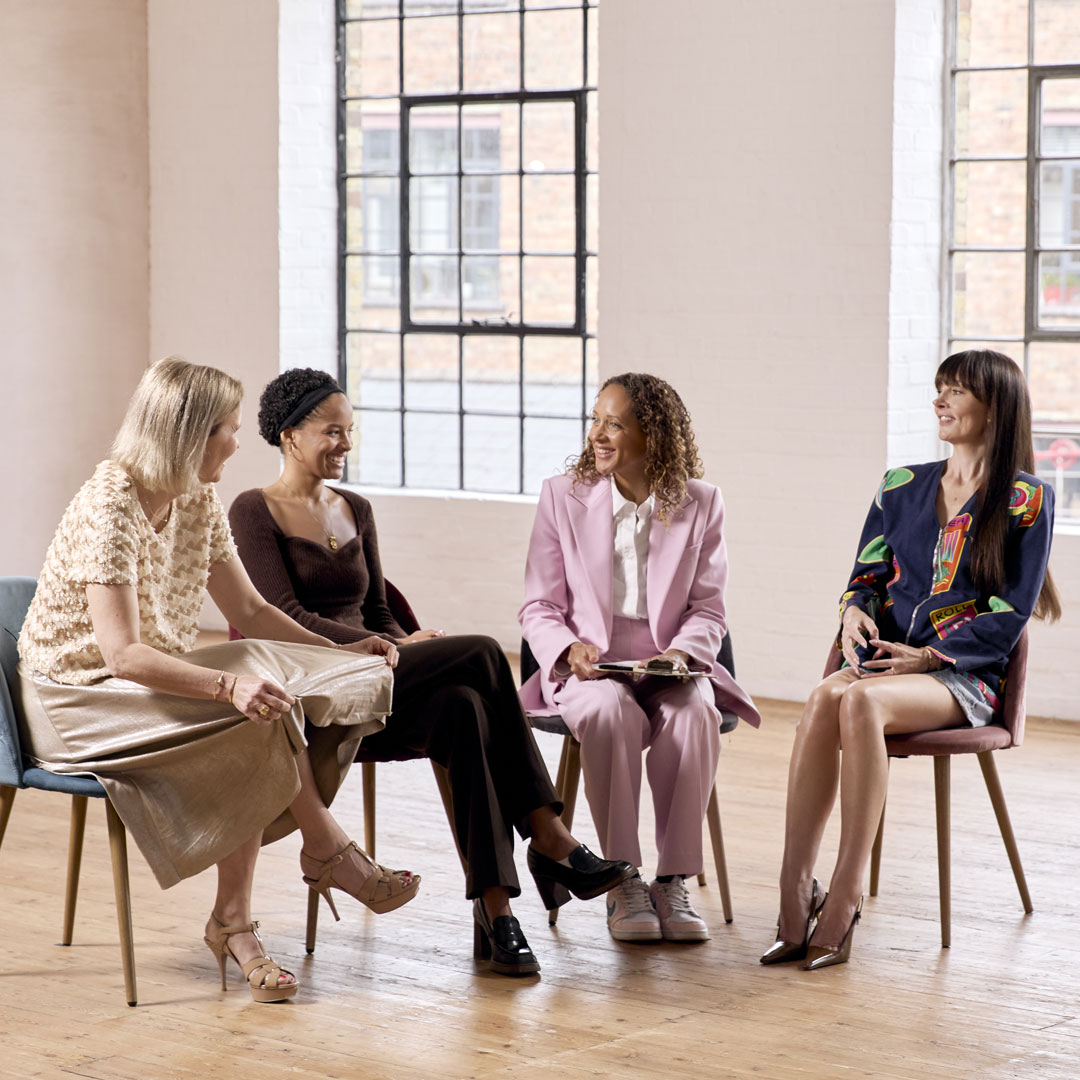 Power Summit: shaping the future of tech
Power Summit: shaping the future of tech -
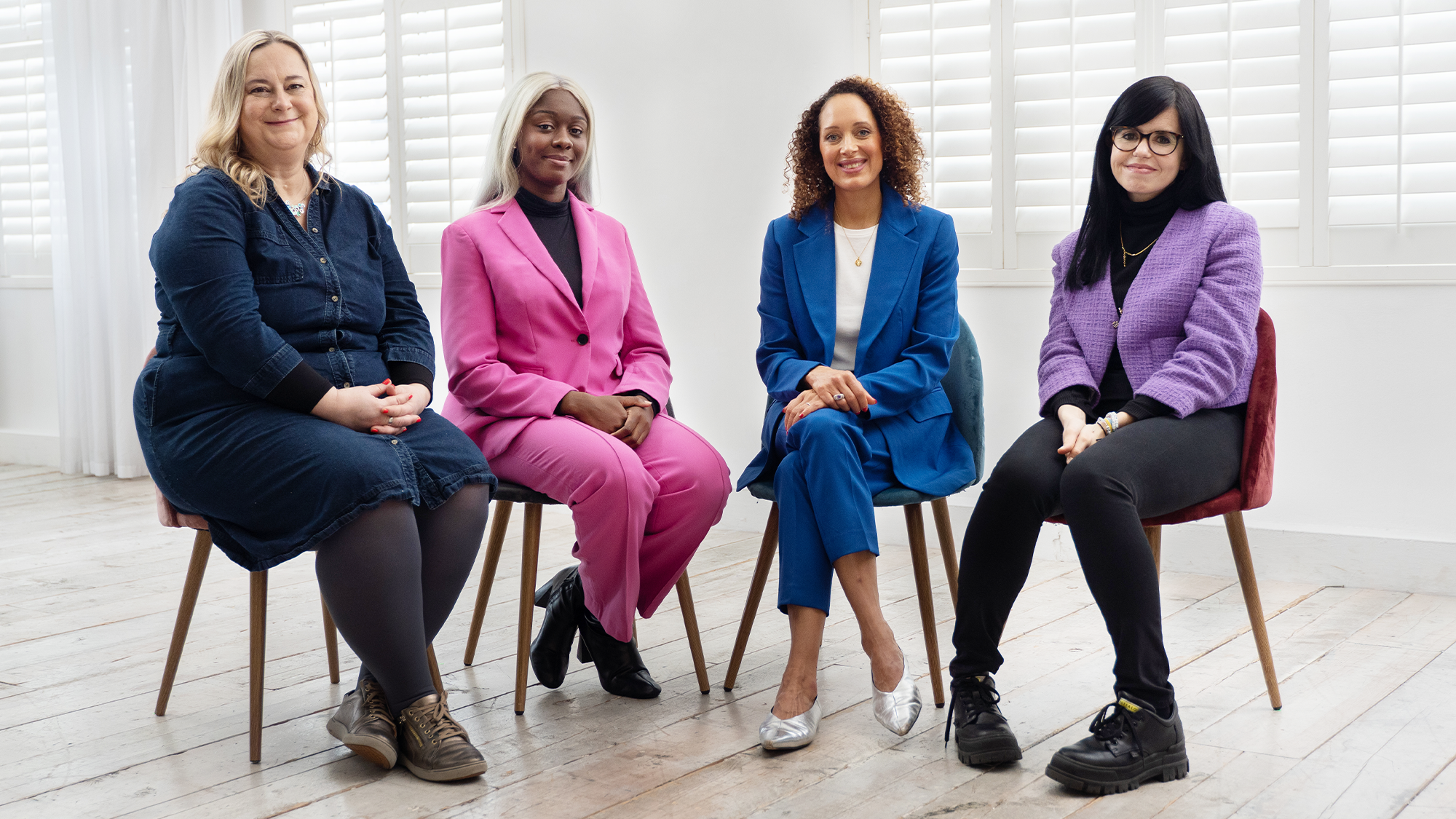 Women in STEM: celebrating our achievements this IWD
Women in STEM: celebrating our achievements this IWDHere's why women play a vital role in shaping the cutting edge careers of tomorrow.
-
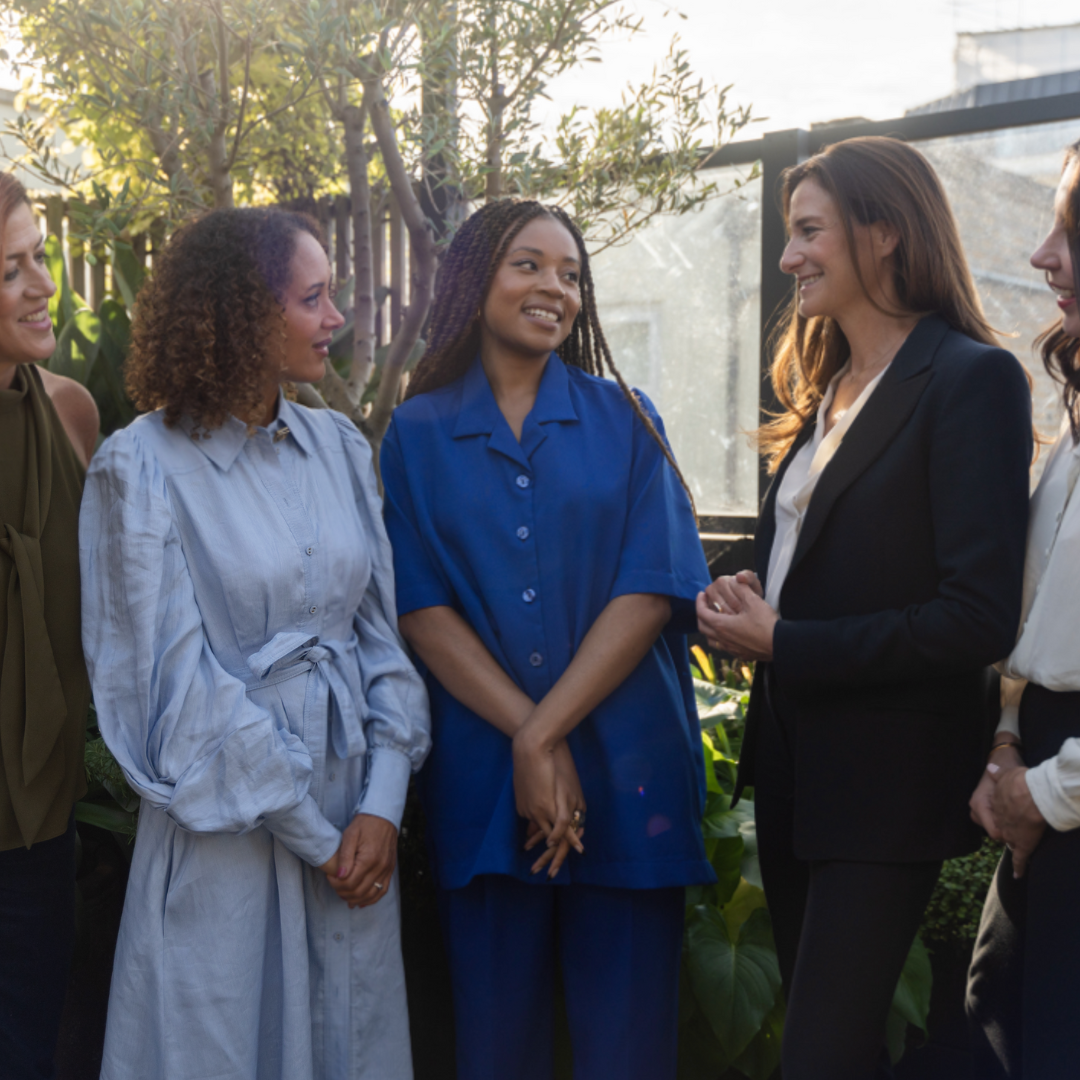 The Power Series: Igniting responsibility, innovation, and action in sustainable fashion and beauty
The Power Series: Igniting responsibility, innovation, and action in sustainable fashion and beauty -
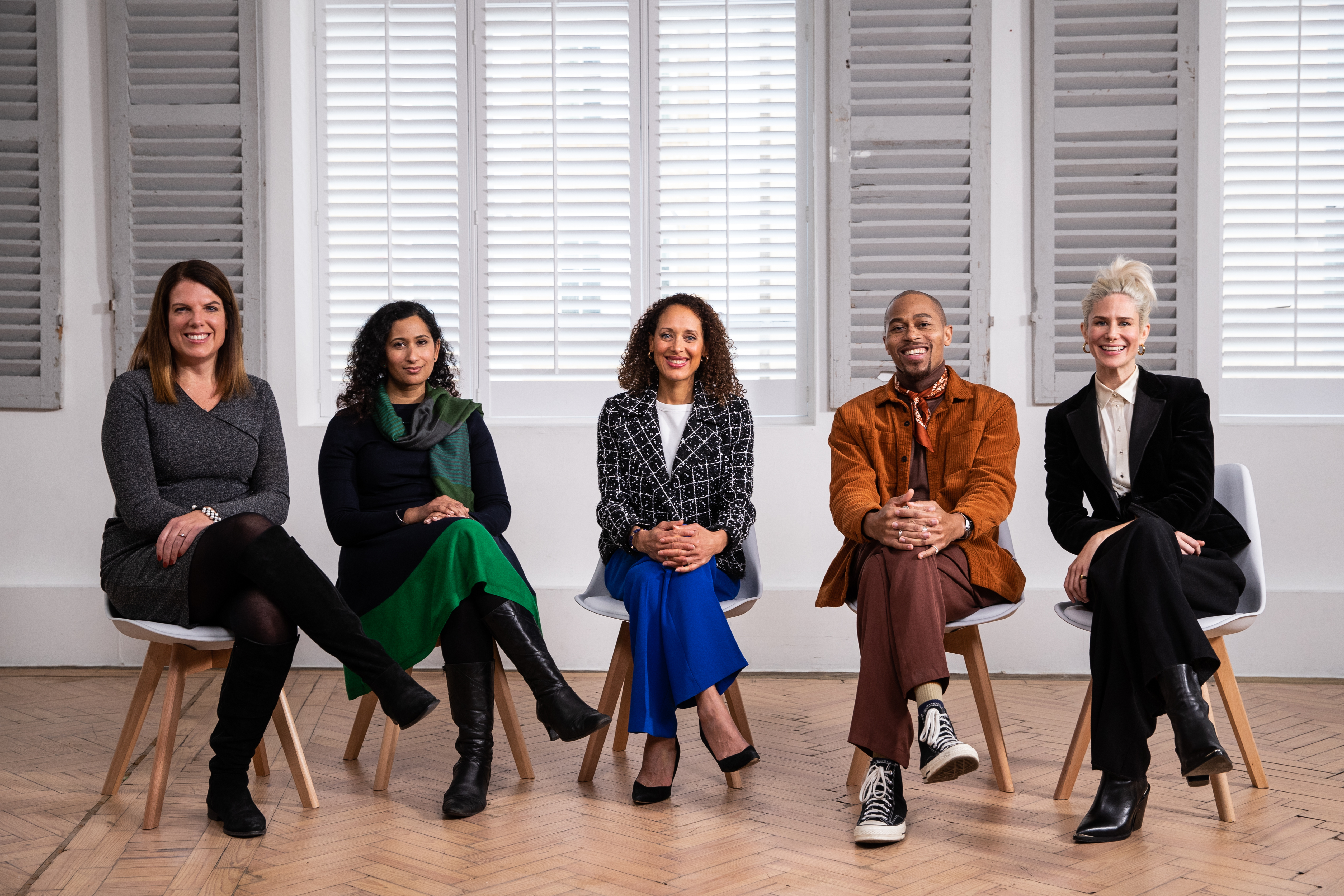 International Women’s Day 2023: Real empowerment requires us all to be allies. Here's how you can make a difference according to the experts
International Women’s Day 2023: Real empowerment requires us all to be allies. Here's how you can make a difference according to the expertsThe importance of intervention when we see injustice was on the agenda at the Marie Claire Power Series summit; Allies, Networks & Action

